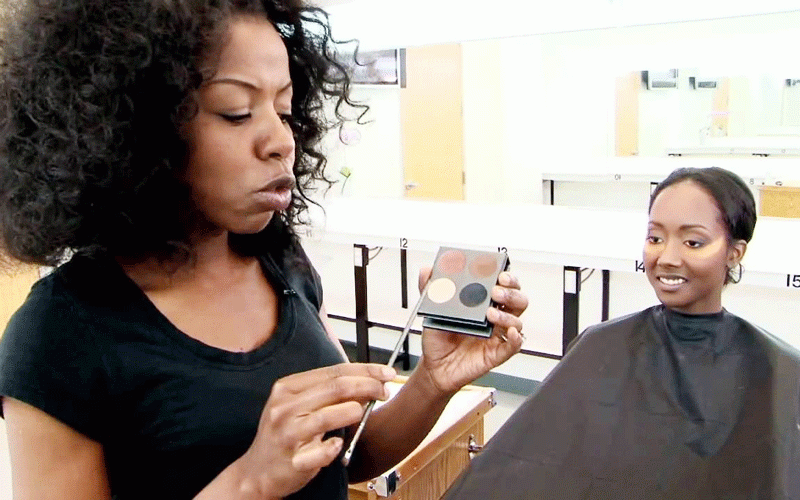
TRUE beauty is about taking pride in one's looks and body, however there is a look-west policy on the standards and definition of beauty amongst African women who are altering and modifying their natural bodies and looks.
Over the years, the American celebrity family the Kardashians, have been regarded as the standard and model of beauty.
Makeup artists and fitness trainers have been bombarded with requests to make one look like a Kardashian which is small waist, round buttocks, firm bossom, flat stomach, big lips, wider cheekbones, a forehead and a jawline which are slightly smaller than the cheekbones, rounded face edges with a pointy nose.
David Mungoshi, in his book Fading Sun, describes a well-endowed African woman through his protagonist Mary Maya. According to what the author described, an African beauty is supposed to be curvaceous yet voluptous as a woman's ability to give birth to a healthy baby is associated with the broadening of hips and her lustrous round body hence the bigger the healthier; not saying this is what all African women should look like.
Socialite Mai TT had a liposuction done where fat was removed from her belly for a flat tummy.
Olinda Chapel is one woman who was considered big who shocked people when she posted a picture of herself looking entirely different. The businesswoman and socialite went through surgery to reduce her breast size and stomach, now she has lost more than 25kgs.
With the look-west beauty standards, there is a new baby in town from the East known as Korean Pop (KPOP) beauty standardwhich prioritises having small features which is in contrast to the Western looks.
For one to be a KPOP beauty one should have a small v-shaped face, fair skin, symmetrical eyebrows, a slim body and double eyelids which form a more young and innocent look and this has been influencing a lot of young women to go on strong damaging diets such as eating one chicken breast a day and drinking water and some thrive to achieve this even if it means undergoing surgery.
- 'Africa should define its own beauty standards'
- Book Review: Memory Chirere reads Tanaka Chidora's Because Sadness is Beautiful?
Keep Reading
Hollywood-based Zimbabwean celebrity makeup artist Jackie Mgido advises Africans to take on the responsibility of defining their beauty in their own way.
"It is very controversial to compare African beauty standards with other beauty standards because in a perfect world, we would be expecting our big features, round faces, wide noses, some of us keeping our beautiful chocolate features," she said.
"Unfortunately in the world of social media and celebrity standards, we have completely gone the opposite direction as light is all the rage, pointy contoured noses, contact lenses and highlights.
"The western world has really influenced us, as an artist I understand the reasons for contouring as it is to bring out features but not to completely lose ourselves in the process," she said.
The KPOP beauty standard may be highly effective in the modeling industry whereby a person is expected to look a certain way just to be the image of a brand.
Award winning model and reigning Miss Africa Zimbabwe, Ayanda Candice Sibanda says there is forever a feeling of inadequacy if one constantly tries to follow these standards of beauty.
"There are traditional standards of beauty that were put into the modeling industry as one had to be tall, slim and fair skinned. This has however changed as the industry is growing and with social media there is a new idea of representation which has made new standards of beauty to be incorporated in the industry.
"Trying to fit into these beauty standards will forever make you feel inadequate and you will forever search for the perfect body and because trends change, you will also try to keep up and exhaust yourself mentally and physically," she said.
The way Africans have adopted these beauty standards is very damaging to society. In Africa it has become oppressive as women are constantly trying to have their beauty defined by the mainstream standard.










